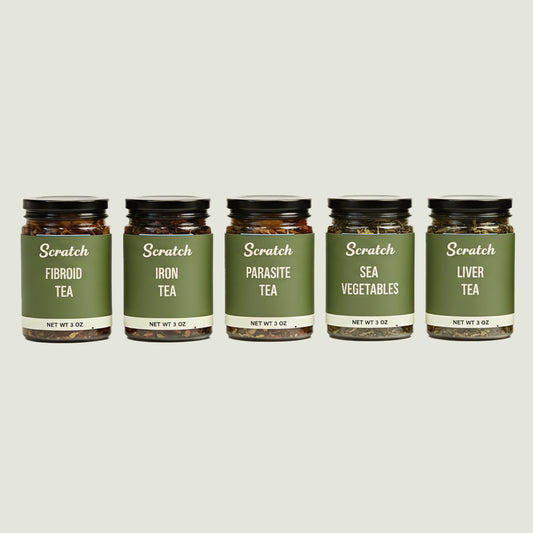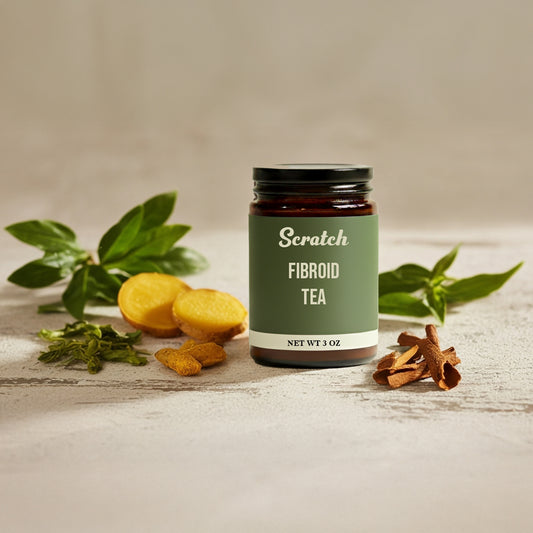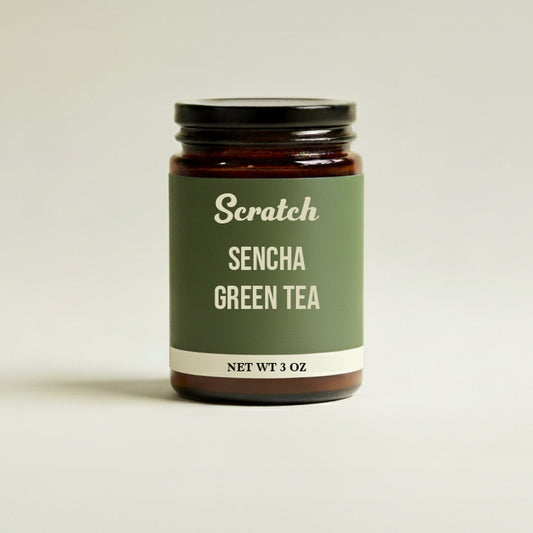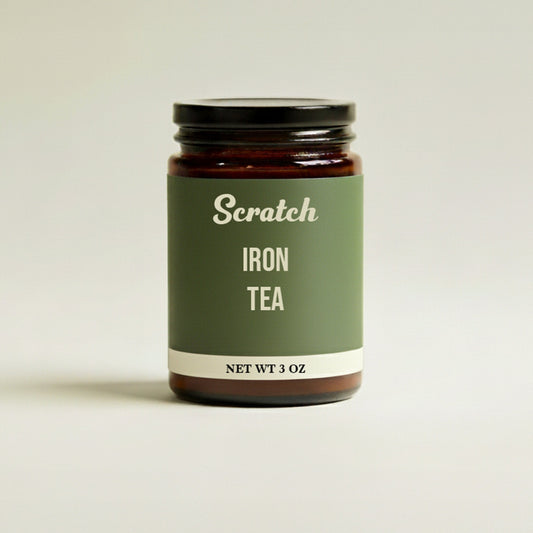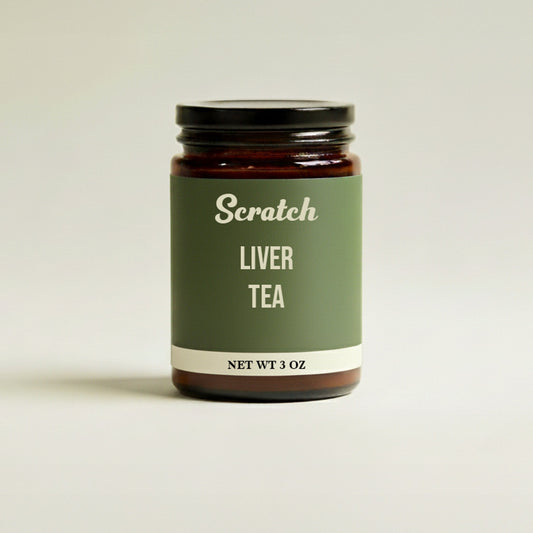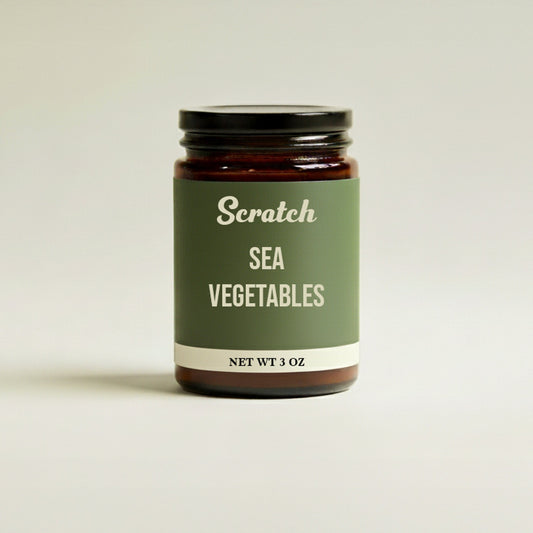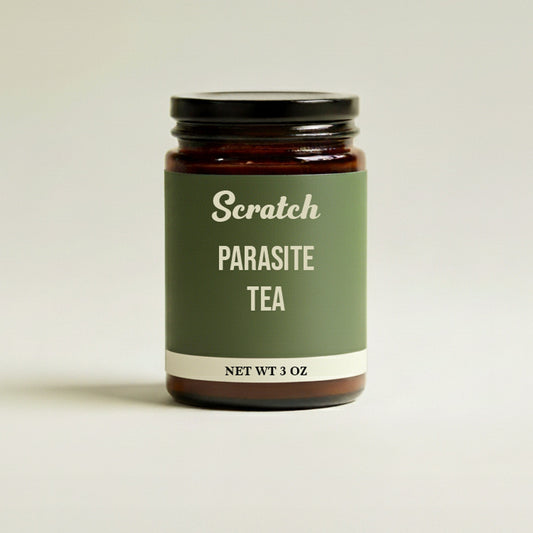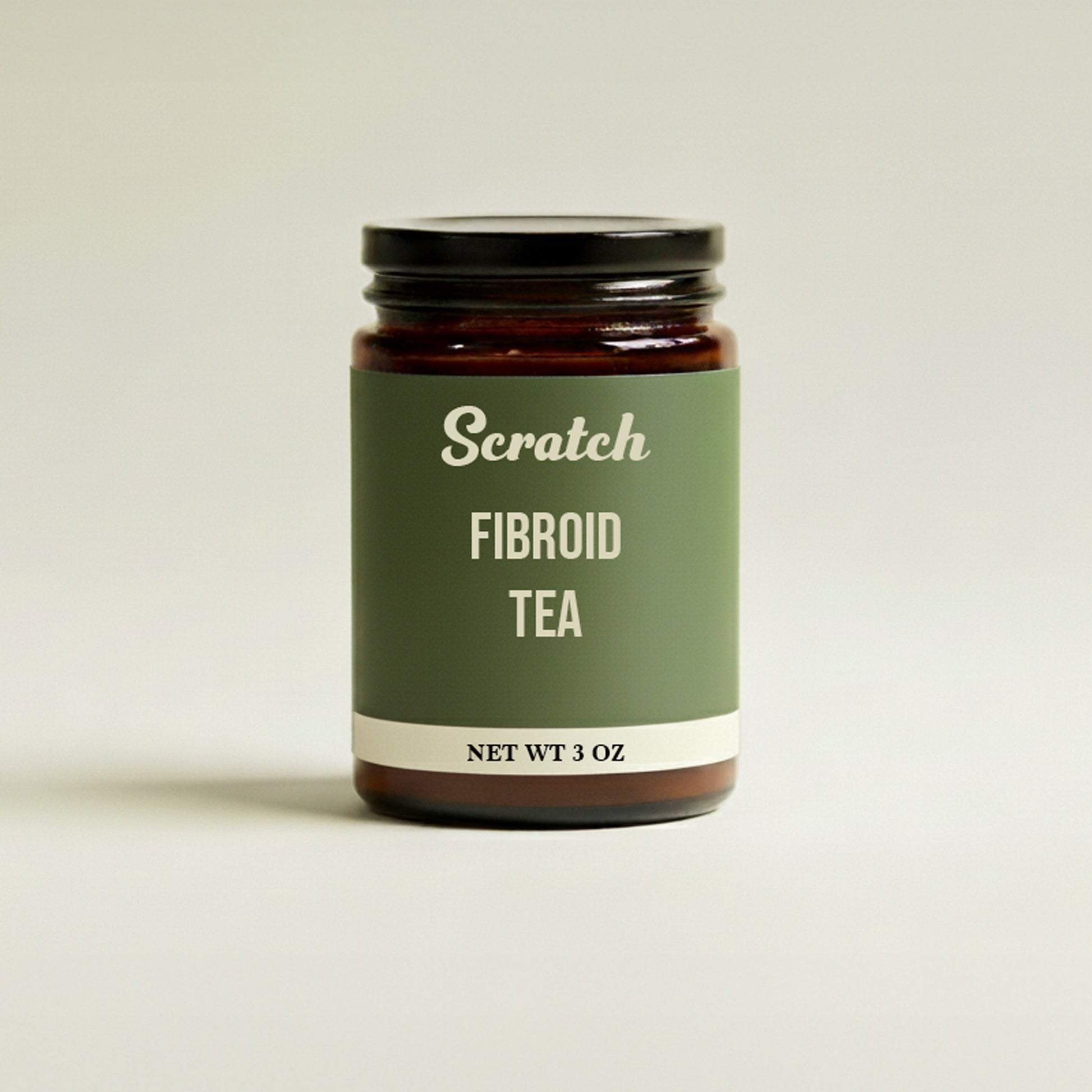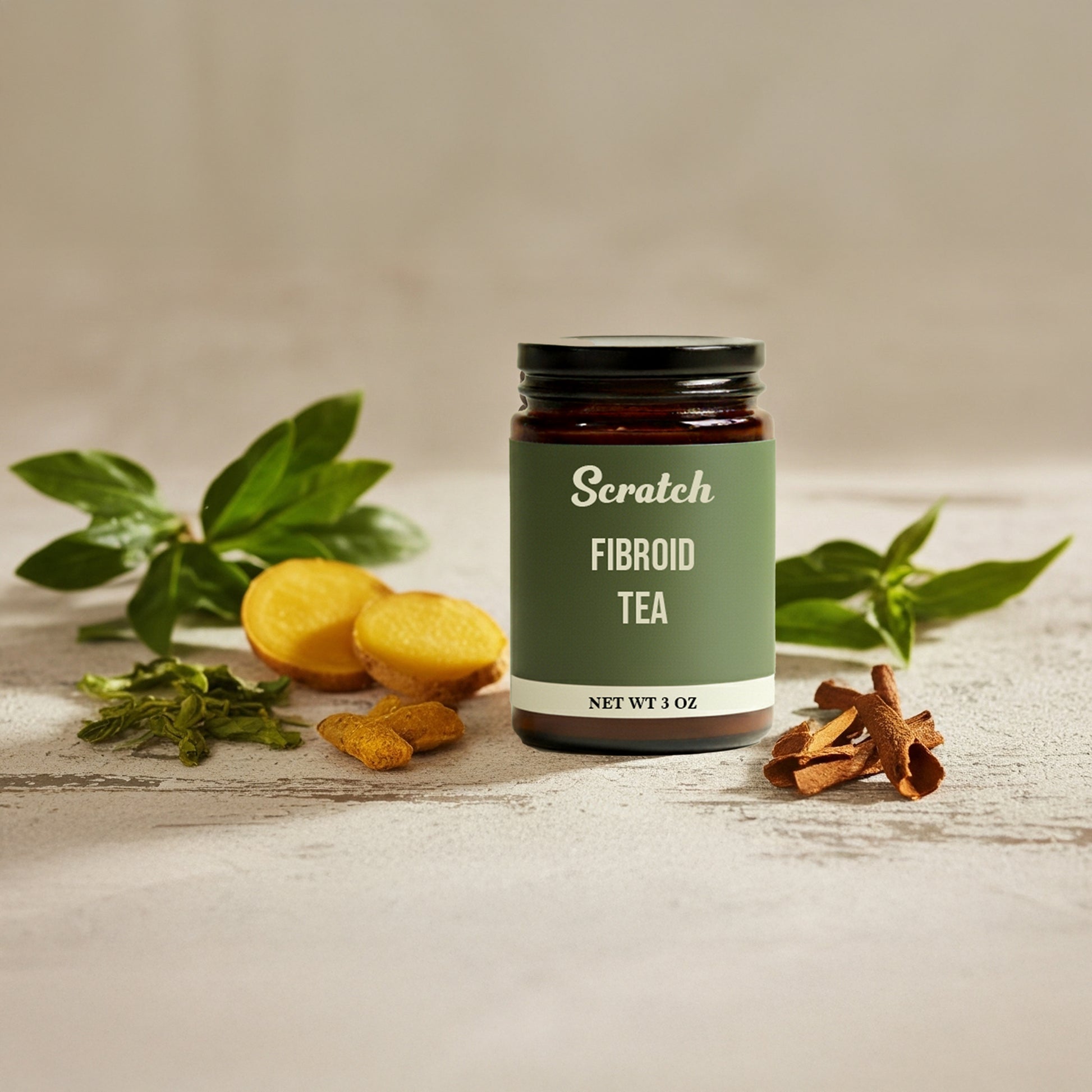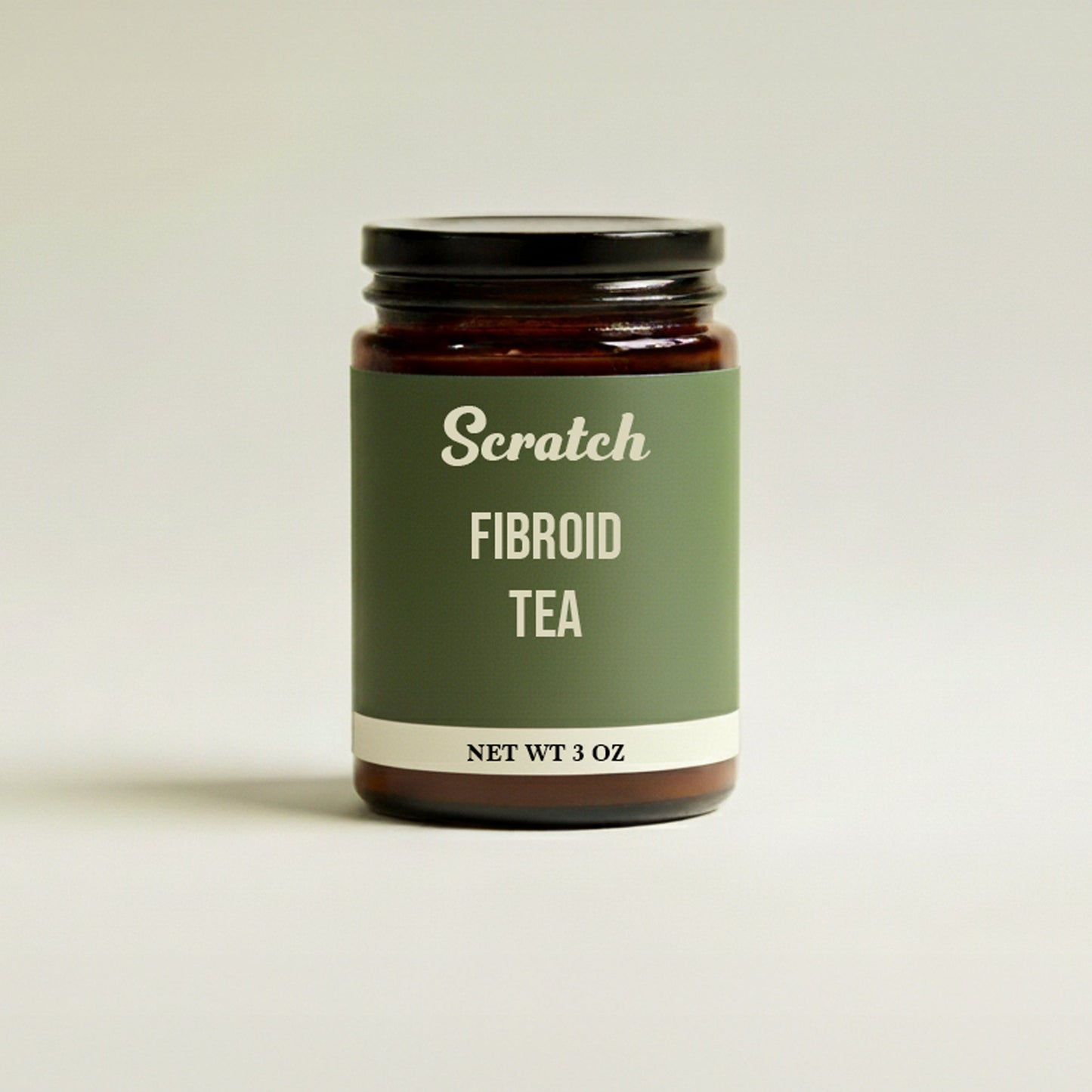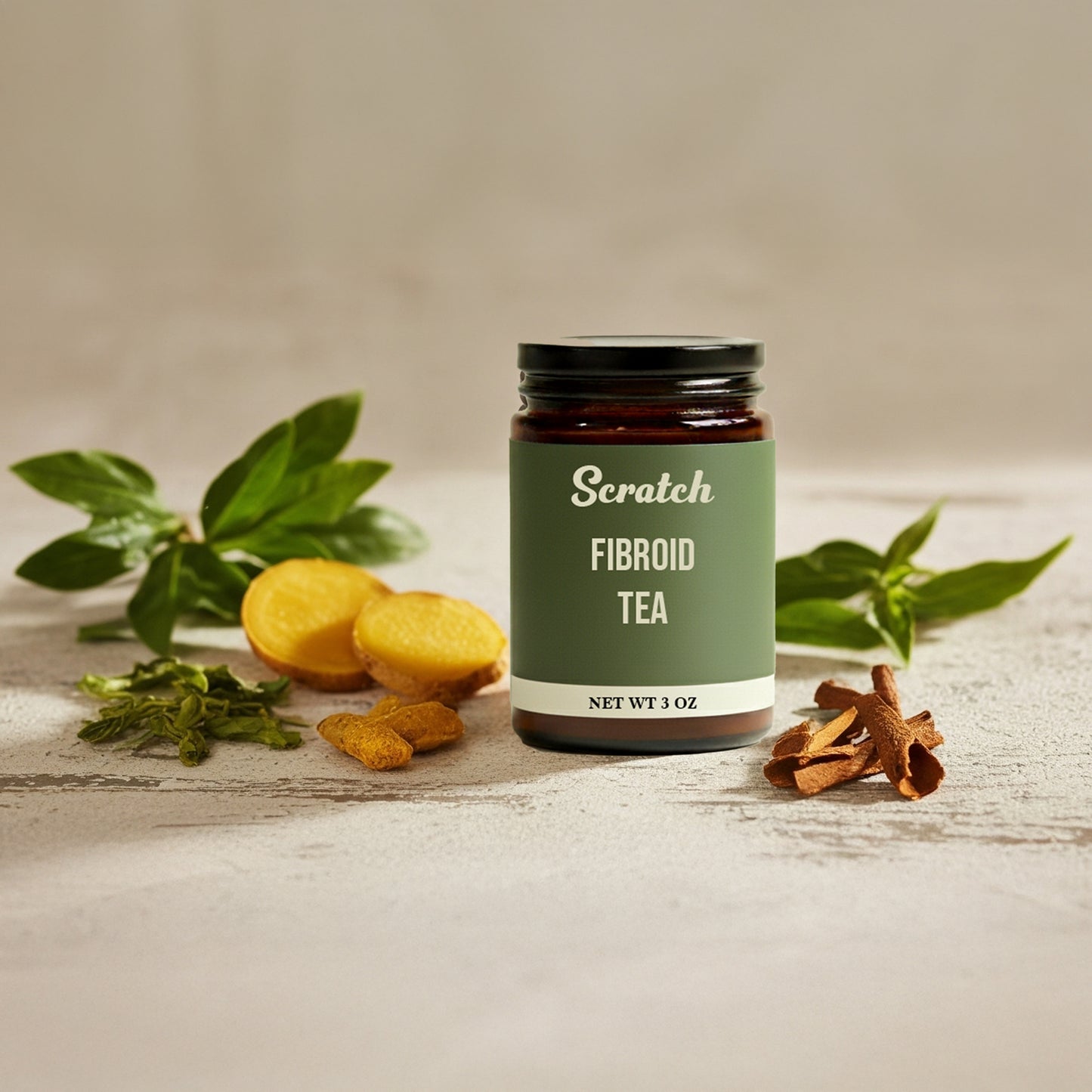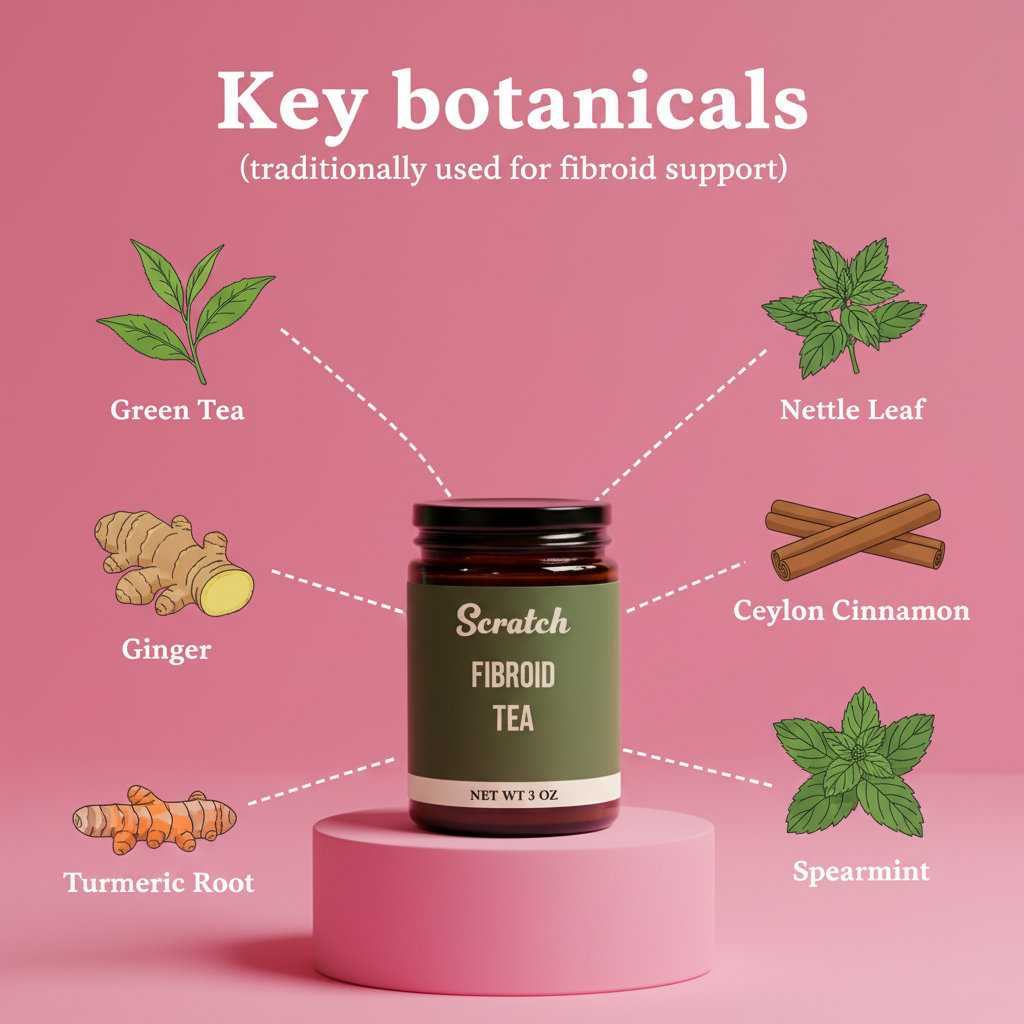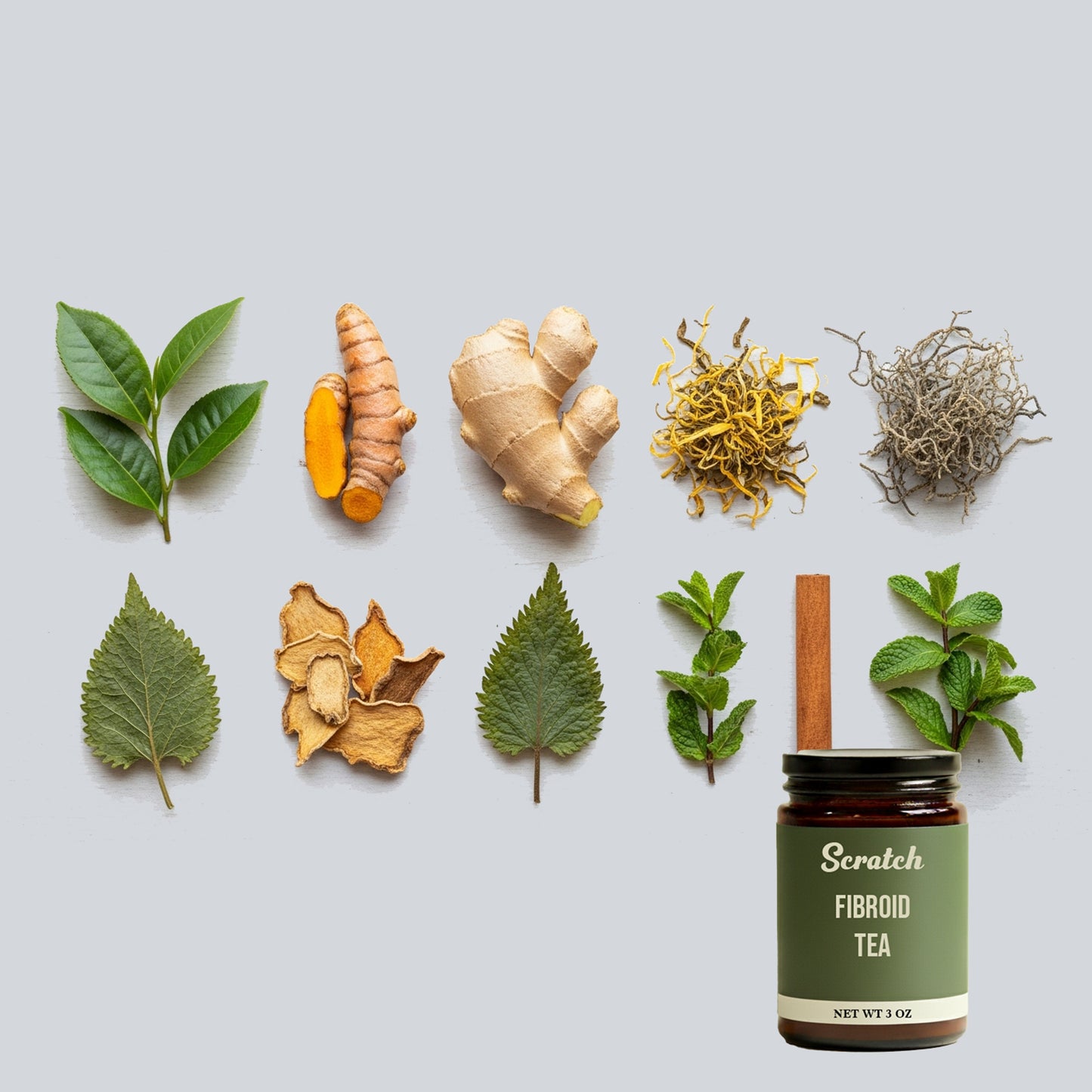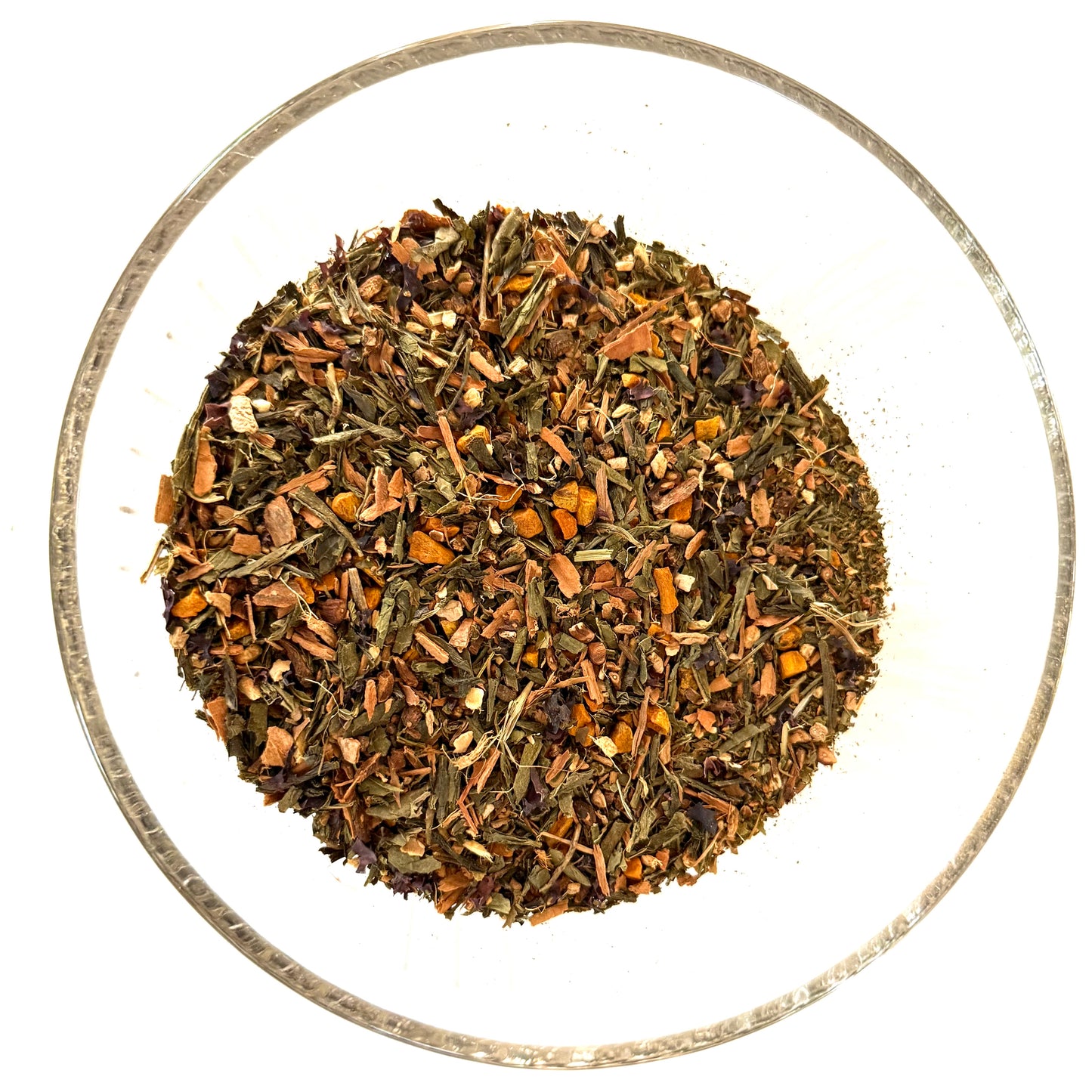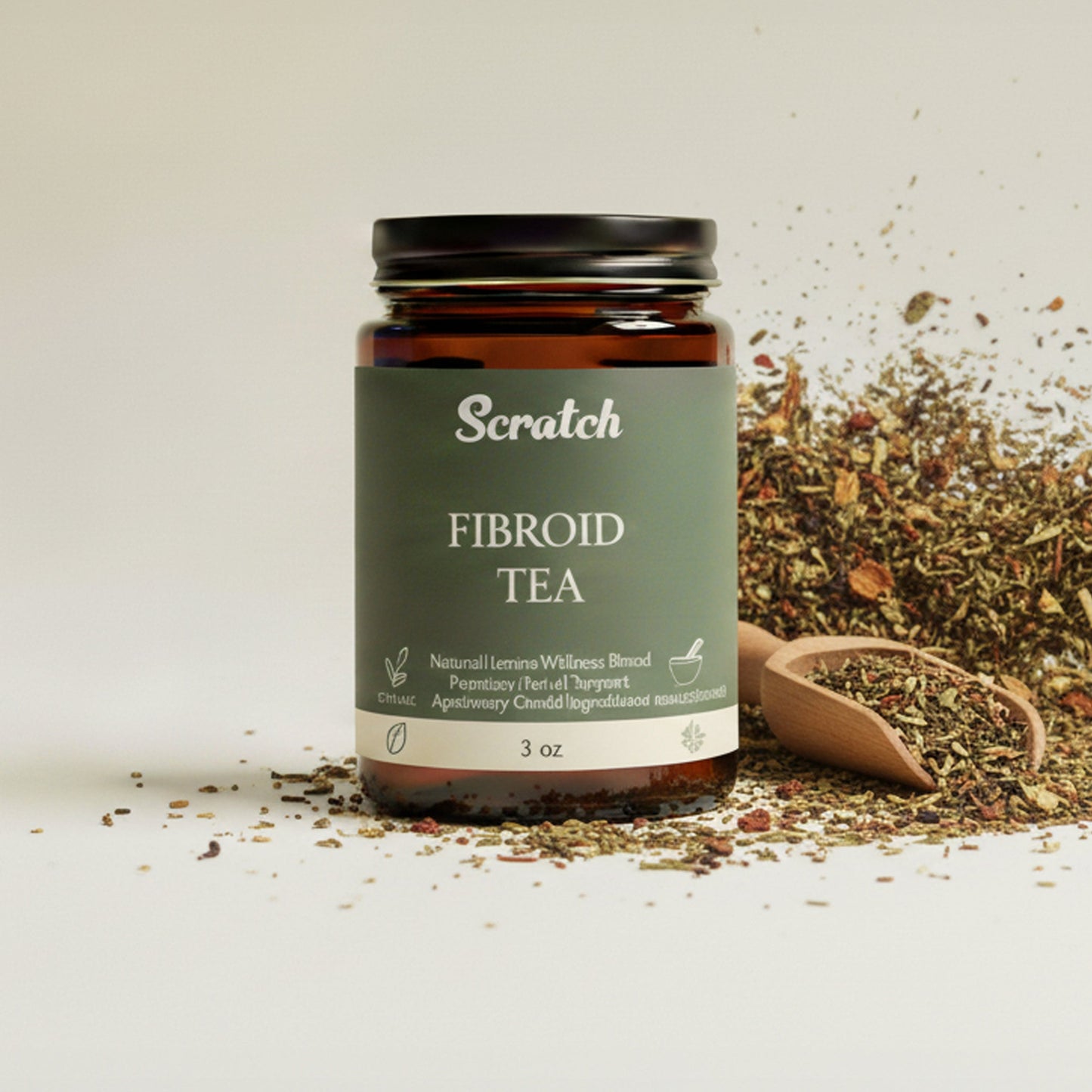Kapha Diet Chart for Fibroids: What to Know
Uterine fibroids (leiomyomas) are common, noncancerous growths of the uterus that can cause heavy bleeding, pelvic pressure, pain, and fertility challenges for some people. Many readers ask whether nutrition—and traditional frameworks like Ayurveda’s Kapha-balancing diet—can help. While diet cannot cure fibroids, evidence suggests that certain eating patterns may influence risk and symptoms. Below, we combine current scientific insights with a Kapha-informed approach and practical, safety-first guidance.
What science says about diet and fibroids
- Vegetables may be protective; high red meat intake may raise risk. The Eunice Kennedy Shriver National Institute of Child Health and Human Development (NICHD) notes that diets rich in green vegetables appear protective, while higher intakes of red meat are linked with increased fibroid risk.
- Healthy body weight matters. Because fibroids are hormone responsive, maintaining a healthy weight (through balanced diet and physical activity) is a reasonable strategy to reduce risk and may help ease symptoms for some.
- Vitamin D is under active study. Observational studies and early trials suggest lower vitamin D status is associated with higher fibroid risk; NICHD-supported research has explored vitamin D as a potential therapy. Testing and supplementation should be individualized with a clinician.
- Alcohol and ultra-processed foods may worsen risk or symptoms. Limiting alcohol (especially beer) and emphasizing minimally processed, high-fiber foods support overall metabolic and hormonal health.
- Green tea (EGCG) shows preliminary promise but isn’t a cure. Small clinical studies suggest green tea extract (EGCG) may reduce fibroid size and symptoms in some patients, but evidence is still limited. Concentrated extracts can carry liver risks; use only with medical guidance.
- Iron matters if you have heavy bleeding. Heavy menstrual bleeding can cause iron deficiency. If you’re fatigued or dizzy, talk to a clinician about testing and evidence-based iron repletion.
Understanding Kapha—and how it can complement evidence-based care
In Ayurveda, Kapha is associated with qualities that are heavy, cool, oily, and stable. A Kapha-pacifying diet emphasizes foods that are lighter, warmer, drier, and more pungent, bitter, or astringent. While Ayurvedic concepts are traditional rather than biomedical, many Kapha recommendations (more vegetables and legumes; less heavy, greasy, and sugary foods) align with modern guidance that supports metabolic health, weight management, and balanced hormones. Use the chart below as a practical guide that stays consistent with current evidence and safety considerations.
Kapha Diet Chart for Fibroids (Evidence-Aligned)
Emphasize
- Vegetables: Leafy greens (spinach, kale), crucifers (broccoli, Brussels sprouts, cauliflower), asparagus, zucchini, mushrooms, peppers. Aim for at least half your plate as nonstarchy vegetables most meals.
- Fruits (moderate portions): Berries, citrus, pomegranate, apples, pears. Favor whole fruits over juices.
- Plant-based proteins and lean options: Lentils, chickpeas, black beans, tofu/tempeh; skinless poultry or fish in modest amounts. Legumes align with Kapha-light, high-fiber principles.
- Whole grains (lighter choices): Quinoa, buckwheat, barley, millet, oats. Adjust portions to maintain a healthy weight.
- Healthy fats (small amounts): Olive oil, avocado, nuts and seeds (pumpkin, flax, chia). Keep total added fats modest for Kapha balance.
- Warming, aromatic spices: Ginger, turmeric, cumin, coriander, black pepper, cinnamon, cardamom, mustard seed. These support Kapha principles and can help you flavor food while using less salt and sugar. (Note: Curcumin and other spices are being studied for anti-inflammatory effects, but they are not treatments.)
- Calcium and vitamin D sources: Fortified plant milks or low-fat dairy, eggs, and safe sun exposure as appropriate. Discuss vitamin D testing and supplementation with your clinician.
- Tea and hydration: Water, herbal teas, and moderate brewed green tea if you tolerate caffeine. Avoid high-dose green tea extracts unless directed by a clinician.
Limit or avoid
- Red and processed meats: Beef, pork, deli meats, bacon; these are associated with higher fibroid risk in observational research.
- Highly processed and sugary foods: Sodas, sweets, pastries, refined snacks. These promote weight gain and insulin resistance.
- Heavy, greasy, and fried items: Cream-based dishes, deep-fried foods, excessive cheese—counter to Kapha balance and metabolic health.
- Excess sodium: Packaged soups, sauces, and salty snacks. Opt for herbs and spices for flavor.
- Alcohol (especially beer): If you drink, limit intake; abstain if advised by your clinician.
- Very cold foods and large, late meals: Traditional Kapha advice recommends warmer, smaller, earlier dinners to support digestion and sleep.
Sample Kapha-friendly day
- Breakfast: Warm spiced oatmeal with cinnamon, chopped apples, and walnuts; green tea.
- Lunch: Large kale–broccoli salad with roasted chickpeas, quinoa, lemon–tahini dressing, and a side of citrus.
- Snack: Carrot sticks with hummus; herbal tea.
- Dinner: Stir-fry of tofu, mushrooms, peppers, and bok choy with ginger–garlic–turmeric; small portion of brown rice.
Supplements and safety notes
- Vitamin D: Ask your clinician about testing. If deficient, supplementation may be recommended following NIH Office of Dietary Supplements guidance on safe dosing.
- Iron: Consider only if you have documented iron deficiency from heavy bleeding; dosing and duration should be clinician-guided.
- Green tea extract (EGCG): Do not self-prescribe concentrated extracts. The National Center for Complementary and Integrative Health (NCCIH) notes rare liver risks with high-dose extracts. Brewed tea is generally safer.
- General supplement cautions: The FDA does not approve dietary supplements to diagnose, treat, cure, or prevent diseases. Discuss all supplements with your healthcare provider, especially if you take medications or are planning pregnancy.
Lifestyle habits that support fibroid health
- Regular physical activity: Aim for at least 150 minutes/week of moderate exercise to support weight management, metabolic health, and stress reduction.
- Fiber and hydration: 25–35 grams of fiber daily from vegetables, fruits, legumes, and whole grains, plus adequate water—especially helpful if you experience constipation from iron supplements or progesterone-based therapies.
- Sleep and stress: Consistent, high-quality sleep and stress-management practices (e.g., yoga, mindfulness) can help with pain perception and overall well-being.
When to see a clinician
Seek medical care if you have heavy or prolonged bleeding, pelvic pain or pressure, difficulty urinating, anemia symptoms (fatigue, shortness of breath), or fertility concerns. Treatments range from medication to minimally invasive procedures and surgery. Nutrition can complement—not replace—these options.
Bottom line
A Kapha-oriented eating pattern—rich in vegetables, legumes, lighter whole grains, and warming spices, and lower in red meat, sugar, and heavy, oily foods—aligns with evidence that supports healthy weight, hormonal balance, and potential symptom relief. Pair dietary changes with medical guidance, especially regarding vitamin D, iron, and any supplements.
References and trusted resources
- NICHD: Uterine Fibroids – Overview and risk factors: https://www.nichd.nih.gov/health/topics/uterine/conditioninfo
- MedlinePlus (NIH): Uterine Fibroids: https://medlineplus.gov/uterinefibroids.html
- NICHD research update on vitamin D and fibroids: https://www.nichd.nih.gov/newsroom/releases/031313-fibroids-vitamin-d
- NIH Office of Dietary Supplements – Vitamin D Fact Sheet: https://ods.od.nih.gov/factsheets/VitaminD-Consumer/
- NIH Office of Dietary Supplements – Iron Fact Sheet: https://ods.od.nih.gov/factsheets/Iron-Consumer/
- NCCIH – Green Tea: https://www.nccih.nih.gov/health/green-tea
- NCCIH – Turmeric: https://www.nccih.nih.gov/health/turmeric
- FDA – Dietary Supplements: https://www.fda.gov/food/dietary-supplements
This article is for educational purposes only and does not substitute for personalized medical advice. Always consult your healthcare professional for diagnosis and treatment decisions.

